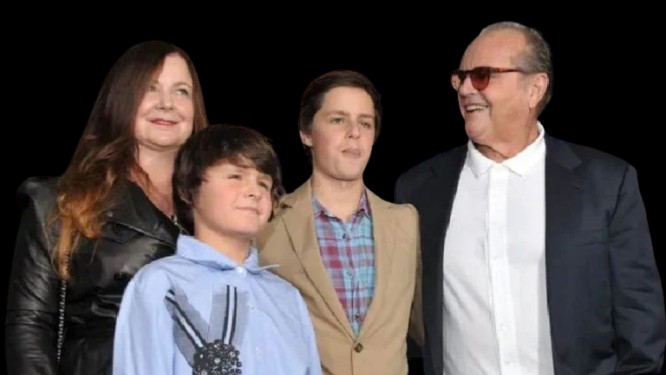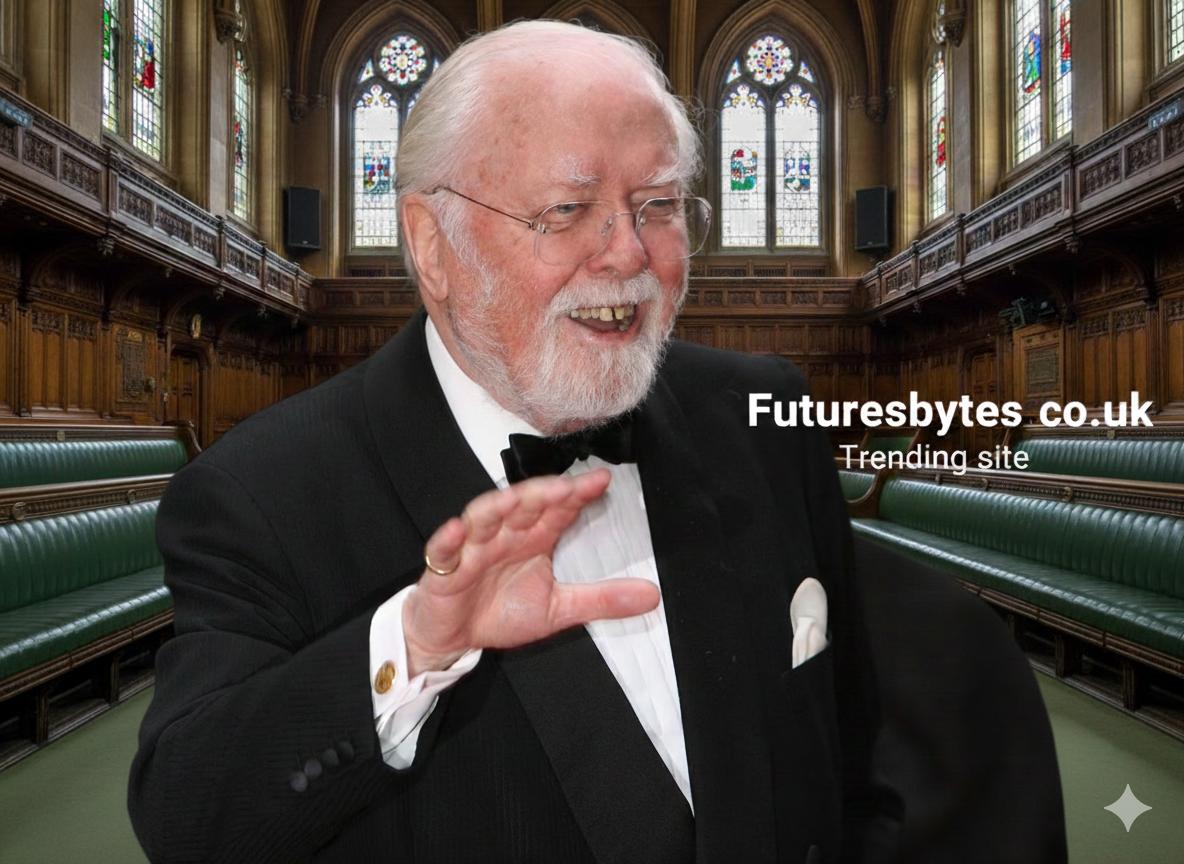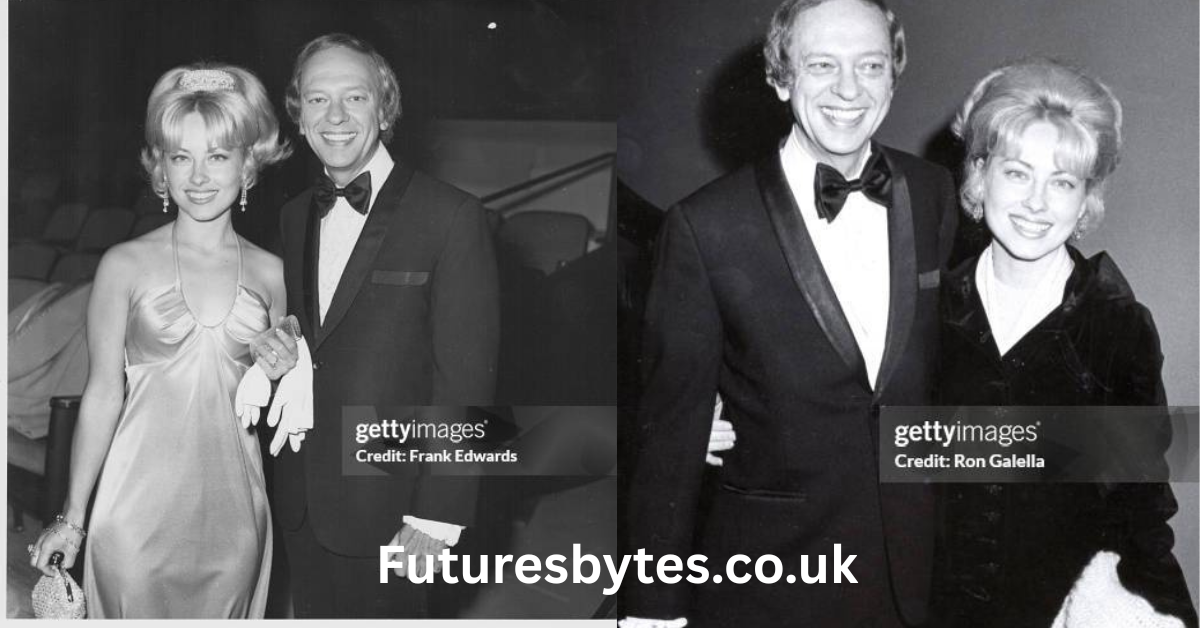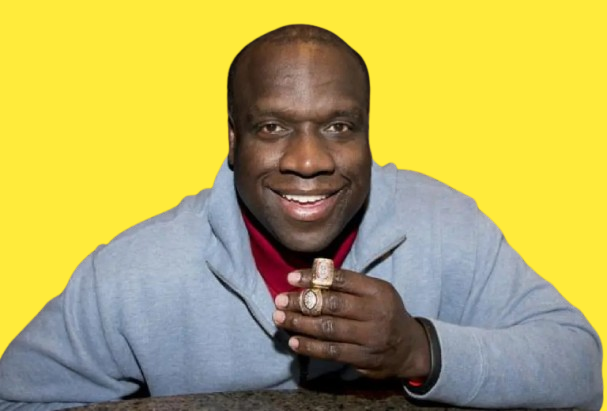In the shadow of Hollywood’s bright lights and glittering fame stands a quietly intriguing figure: Caleb James Goddard. Born into an extraordinary lineage yet choosing an uncommonly private path, his story blends legacy, identity, and independence. Here’s an in-depth look at his life, the legacy he inherited, and the hidden facts that shape his unique journey.
Early Life and Origins
Caleb James Goddard was born on 26 September 1970 in Los Angeles, California. His mother is actress Susan Anspach, and although his biological father is widely reported to be Jack Nicholson, that paternity was publicly denied for years. When Susan Anspach married actor Mark Goddard in 1970, he adopted Caleb, and the child took the Goddard surname.
Growing up, Caleb was surrounded by the influence of two generations of actors and the film industry, yet his upbringing was relatively removed from flashing cameras and public scrutiny. His early life set a foundation of both privilege and complexity—being born into fame, but not living it in the usual way.
Family Dynamics and Parental Legacy
Understanding Caleb’s story means unpacking the dynamics of his family. His mother, Susan Anspach, was a successful actress of the late 1960s and 1970s who starred in films such as Five Easy Pieces. Her relationship with Jack Nicholson reportedly produced Caleb, but Nicholson did not publicly acknowledge him for many years.
Mark Goddard, his adoptive father, provided stability and a family name—a father figure, though not biological. The duality of having a biological father who is an icon of cinema and an adoptive father who stood in as a parent shaped Caleb’s identity in ways both open and hidden. The family tree also includes half-siblings via Nicholson, though public recognition for all remains uneven.
It has been reported that Jack Nicholson eventually acknowledged Caleb privately, though he never made a public declaration. This mix of recognition, denial, and familial complexity is a prominent chapter in Caleb’s story.
Education and Personal Development
Though Caleb’s academic details are not exhaustively documented, some reports suggest he attended and graduated from institutions of higher learning, possibly including Georgetown University, with studies in disciplines such as political science or philosophy.
He appears to have been raised with the value of education and introspection. Rather than lean wholly into the family business of acting under bright lights, he seems to have opted for a more measured path—one that allowed reflection, growth, and self-definition apart from immediate fame.
Career and Professional Path
While many offspring of famous actors gravitate toward front-and-center roles, Caleb chose a less commercial, more behind-the-scenes route. According to available sources, he worked in roles such as location manager, writer, or producer in the entertainment industry rather than seeking leading roles as an actor.
In addition, some reports hint at broader interests—such as diplomatic or international work—though these remain speculative and not publicly verified in full detail. This career choice underlines a theme of the hidden or indirect: crafting work without overt celebrity, yet still meaningful.
Private Life, Marriage & Children
In line with his general preference for privacy, Caleb’s personal life is sparsely documented in the public domain. Some sources suggest he is married to a woman named Katherine Pouget and has two children—a son and a daughter.
Since he has actively avoided spotlight and tabloid coverage, the details remain largely unconfirmed in mainstream outlets. What we can infer is that Caleb values keeping his family life away from media glare and choosing a grounded existence away from the Hollywood rush.
The Hidden Facts & Lesser-Known Aspects
- Despite being born in Hollywood’s orbit, Caleb never became a high-profile media persona. His minimal public presence is itself the story.
- His paternity with Jack Nicholson remains unofficial in public terms, but trustworthy sources report private acknowledgment from Nicholson.
- While many celebrity offspring embrace the limelight, Caleb’s choice to stay behind the camera or outside show business altogether highlights a different kind of legacy: one of independence.
- Some sources estimate Caleb’s net worth in the range of $700,000 to $2 million as of recent years—smaller than might be expected for a Hollywood lineage, but noteworthy for being largely self-built rather than inherited.
- Caleb’s existence exemplifies a subtle challenge: being shaped by fame without being consumed by it.
Legacy and Public Perception
Role credits or red carpet appearances don’t define the legacy of Caleb James Goddard—it’s determined by choice. By opting out of the public spectacle, he challenges familiar narratives about celebrity offspring and legacy. He shows that family lineage does not dictate a path, and that a meaningful life can be quietly crafted.
Public curiosity remains high: people still ask who he is, whether Nicholson is really his father, what he does, and where he is now. But in choosing to remain private, Caleb has inverted the expectation: the mystery becomes part of the legacy. In many ways, his legacy might be his refusal to trade privacy for fame.
Challenges and Identity in the Shadow of Fame
Growing up with a famous biological father—or at least the possibility of one—brings pressure. Expectations, identity questions, and the constant public gaze can weigh heavily. Caleb’s decision to keep his life mostly private suggests a deliberate response to those pressures.
Moreover, the reconciliation (or lack thereof) with Jack Nicholson’s acknowledgment presents emotional complexity. Living in the shadow of someone famed for intense characters and legendary status, Caleb’s quieter life shows that there are alternatives to fame-by-association. His path reflects resilience, self-determination, and a different kind of authenticity.
Why His Story Matters
Caleb’s story matters because it offers a counter-narrative to the usual celebrity tale. It matters because it shows that legacy is not a straight line; it can diverge, twist, and become quietly personal. It matters because in a world obsessed with visibility, his choice of privacy is itself an act of statement.
For those studying fame, Hollywood, identity, or family legacies, Caleb James Goddard stands as a case study: born in the bright glare of Hollywood but choosing the off-stage light; connected to greatness but forging his own path; silent rather than sensational. His life prompts questions about how much lineage shapes us—and how much we shape ourselves.
Conclusion
In the end, the untold story of Caleb James Goddard is one of quiet strength, subtle defiance, and meaningful independence. Born into one of Hollywood’s most illustrious legacies, he opted for a path less traveled—not in innocence, but in intention. He teaches us that legacy is not about the spotlight; it’s about values, choices, and the freedom to define your own life.
By embracing privacy, by choosing work over fame, and by navigating identity in the shadow of an icon, Caleb has left a legacy that is unusual, understated—and perhaps all the more powerful for it. His story is not shouted from marquees; instead, it whispers a message: success doesn’t require a spotlight, and legacy doesn’t demand a stage.




